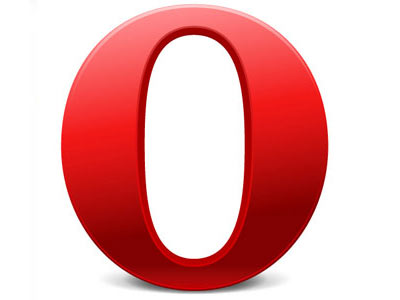Opera Max Beta Android Browser Ready to Save You Data
This app promises to help save you data.
On Sunday, Opera officially launched the Opera Max beta, a free and easy-to-use app that, according to the company, will save users data when using installed apps such as Vine, Google Chrome, Instagram and more.
"Opera Max uses a Virtual Private Network, or VPN, to measure all the data usage on your phone," reads the company's blog. "Once Opera Max savings is enabled, all non-encrypted data requests are sent through our compression servers that optimize video, images, and websites to use less data. We only measure how much data you use and how much data you've saved."
The overall data savings will depend on the applications in use and the type of content that is accessed. Users will see data savings from HTTP non-encrypted apps. Opera Max does not work with applications that use HTTPS encryption (like Facebook) or other protocols.
Back in December, Opera began a limited beta using customers with Android 4.0 "Ice Cream Sandwich" devices in the United States. Then on Tuesday the company began taking pre-registrations for the United States and Western Europe. For now, Eastern Europe will not be able to test Opera Max.
"We've always compressed data, on desktop and mobile browsers," reads the company's blog. "We started in 2005; and, today, we're happy to extend our data-saving ideas beyond browsers to help you save on all your phone's apps, too."
"We want to make sure our servers have enough capacity for all of you, so access to our beta will be given out on a first-come first-served basis," the blog continues. "If you are one of the early US beta testers (and have already installed Opera Max), you do not need to join the queue. We'll auto-update you."
To get into the Opera Max beta, first download and install the app from Google Play here. Once the app is up and running, users will be placed in line (similar to how BBM launched). The team says that they will unlock the app as soon as they know the servers can handle the load. Users will start to see their progress in the queue shortly, and they'll be saving data in no time, the blog concludes.
Get Tom's Hardware's best news and in-depth reviews, straight to your inbox.
For more information about Opera Max, head here.

Kevin Parrish has over a decade of experience as a writer, editor, and product tester. His work focused on computer hardware, networking equipment, smartphones, tablets, gaming consoles, and other internet-connected devices. His work has appeared in Tom's Hardware, Tom's Guide, Maximum PC, Digital Trends, Android Authority, How-To Geek, Lifewire, and others.
-
ta152h "Opera Max Beta Android Browser Ready to Save You Data""This app promises to help save you data"Why is Opera saving me data? I didn't ask it to. What type of data is it saving? Or is it like a coupon, where I save money, except this one saves me data instead? I don't earn a lot of data, so this could be very helpful. I think. Although I don't fully understand it, I thank God that Opera is saving me data. It's sounds really good. I think.Reply -
typicalGeek So everyone is worried about the government spying on everything you're doing, but they would be willing to turn ALL of their (unencrypted) data usage over to a company in order to save a few bytes on their data plan? What does Opera do with all this data (besides compressing it)?Reply
